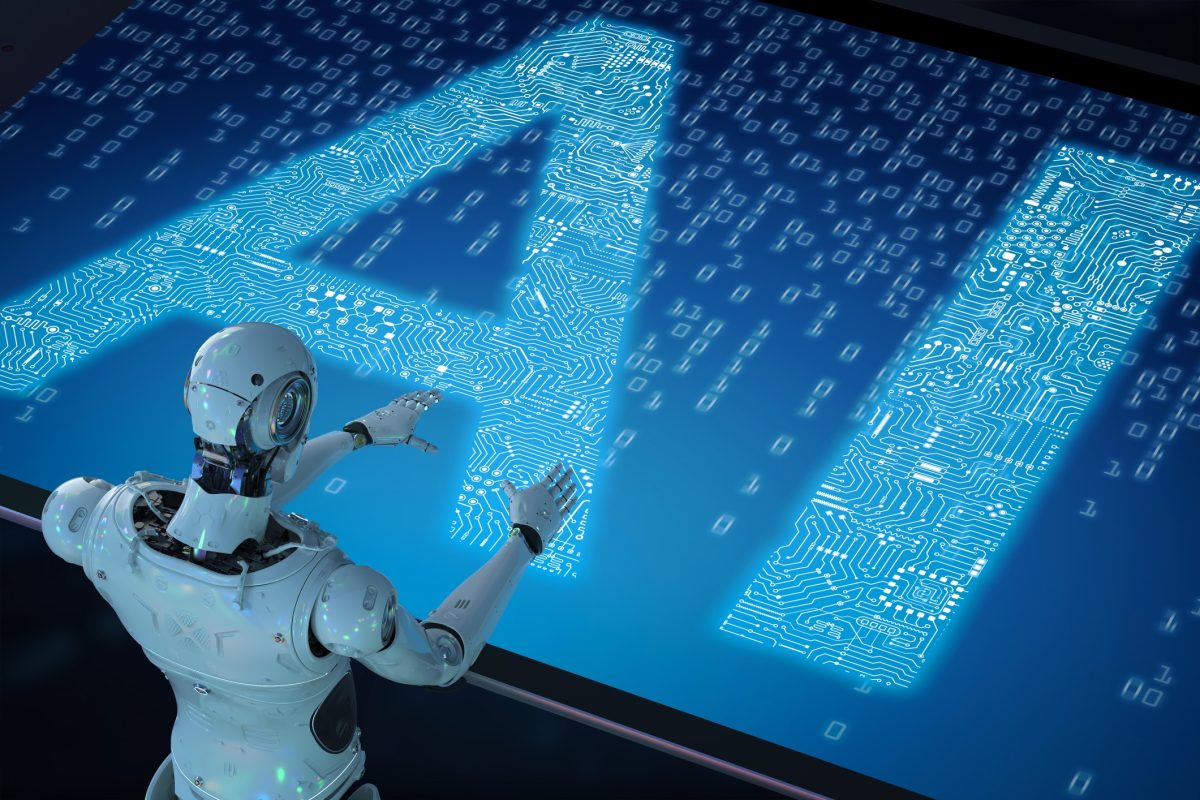The rapid advancement of generative AI has sparked a wave of legal battles, especially concerning the fine line between original content and AI-generated material. As AI models like ChatGPT and Claude become increasingly sophisticated, their ability to generate new content relies heavily on massive datasets, often sourced from publicly available information. This brings up significant concerns about copyright infringement, particularly when these AI models are trained using copyrighted works. A recent legal ruling involving Anthropic, the company behind the Claude AI model, has highlighted these tensions. 
While the case has been closely watched, the court’s decision appears to offer a win for Anthropic-but with significant caveats.
On June 24, 2025, U.S. District Judge William Alsup issued a landmark ruling in favor of Anthropic, stating that the use of legally purchased and digitized books to train AI models like Claude falls under the doctrine of ‘fair use’ as outlined by U.S. copyright law. This ruling underscores a key distinction: training an AI model with copyrighted text does not equate to copying or redistributing the content. Instead, it is seen as transforming the text into a form of AI knowledge, which the court found to meet the criteria of fair use.
However, the court did not give Anthropic a free pass in all aspects of the case. Judge Alsup emphasized that the company was still liable for using pirated books sourced from sites like Book3 and LibGen. The judge made it clear that, even if the intent behind using pirated content was transformative, piracy could not be justified as part of a fair use defense. The decision sets the stage for a separate trial to determine the potential damages Anthropic could face for its use of illegal content.
In his ruling, Judge Alsup noted that it was difficult for any accused party to prove that downloading pirated materials from sites that could have been lawfully accessed was ‘reasonably necessary’ for their AI training. This statement creates a potentially strong precedent for future AI-related cases and reinforces the importance of adhering to copyright laws, even when working on transformative technologies like AI.
The ruling leaves an important legal question unanswered: how will the courts balance the needs of AI developers with the protection of intellectual property rights? This case represents a crucial turning point for the AI industry, as it demonstrates that while AI training on legal content is permissible, the use of pirated data will not be tolerated. As AI technologies continue to evolve, this decision will likely shape the future of how data is sourced and used for machine learning.
4 comments
The line between fair use and theft is getting harder to see… where do we draw it? 🤷♂️
Big win for AI companies, but authors still have a chance to fight back. Hope this gets sorted soon! 💥
Why not just use public domain stuff for training, instead of risking pirated books? 🤔
If AI’s learning from books we legally buy, why isn’t that okay? Feels like a major loophole for big tech companies